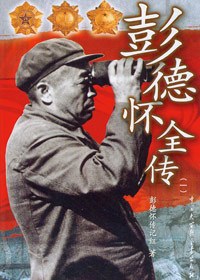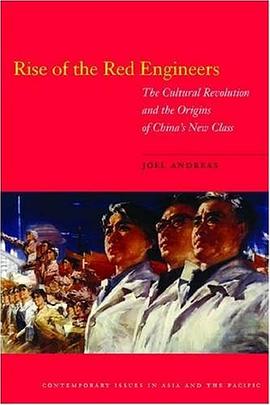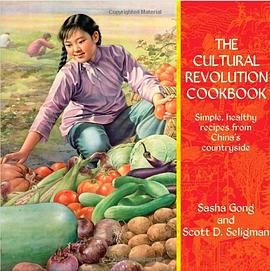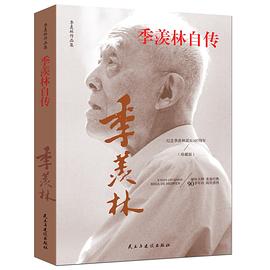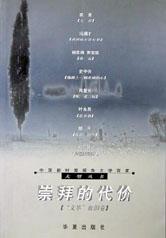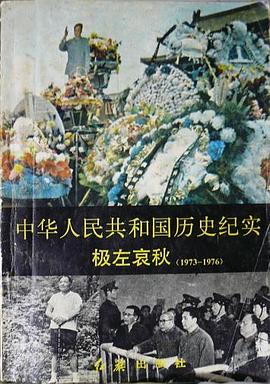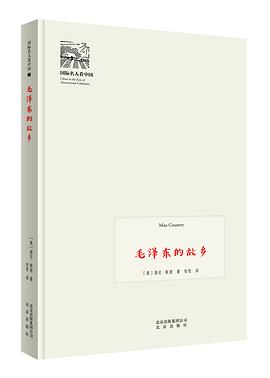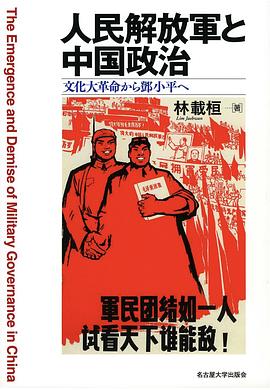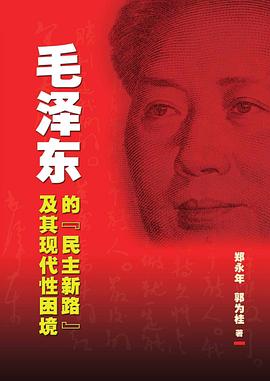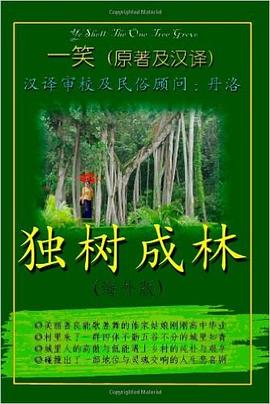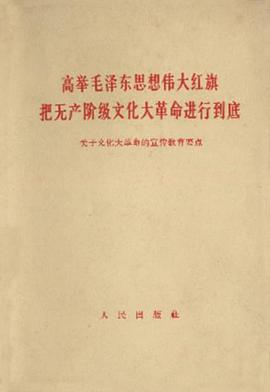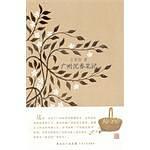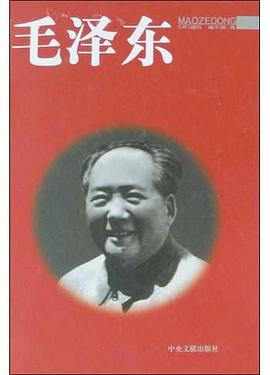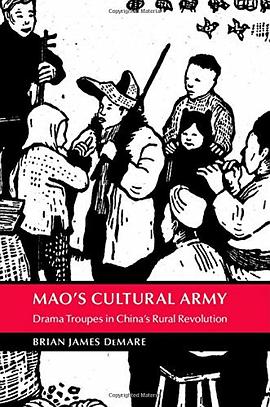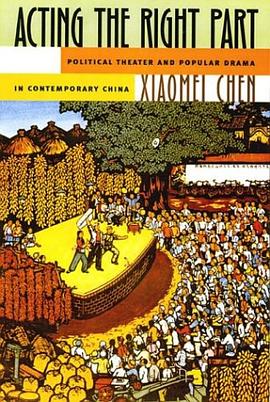
Xiaomei Chen. Acting the Right Part: Political Theater and Popular Drama in Contemporary China. Honolulu: University of Hawai’i Press, 2002.
Acting the Right Part sets about to redress what Xiaomei Chen calls a “threefold marginalization” of modern Chinese theater in the field of literary and cultural studies (p. 20). First, scholars have privileged Chinese fiction and film over drama. Second, according to Chen many students of modern Chinese literature and culture dismiss the PRC period as having “produced no works of ‘literary excellence’” (p. 20). Third, within works that focus on PRC literature, the Cultural Revolution and early post-Mao periods are little studied.
Chen grew up in Beijing surrounded by theatrical luminaries from “Chinese theater’s golden age of the 50s” (p. 6; her mother was a famous actress and her father an accomplished stage designer for the China Youth Art Theater). Her personal insights and close relationships with top figures in the world of drama go a long way toward convincing readers that PRC theater is worth studying through the author’s cultural studies lens. This is particularly true for her five strong chapters about the semi-subversive powers of theater during the early post-Mao (mostly 1978 to 1980) years, when she attended many performances, gauged audience reactions, and interviewed key directors and actors. However, Chen’s enthusiasm and strong analysis of post-Cultural Revolution plays, combined with her somewhat uneven treatment of revolutionary model theater in chapters two and three, ends up undermining her attempt to rescue Cultural Revolutionary art from the scrap heap of scholarly oblivion.
To be fair, Chen makes several good points about drama during the Cultural Revolution, when a small number of officially sanctioned model works (eight revolutionary model works were promoted in 1967 and ten more were released after 1970) limited what people in China could watch and perform. By tracing the roots of revolutionary model theater back to themes and styles prevalent in the republican and early PRC periods, Chen adds much-needed historical context to our understanding of these works of art, which were surely not contrived in a purely “communist” or “extreme left” vacuum. The author’s sensitivity to context extends to her cogent analysis of the multiple revisions and political criticisms of pieces such as Baimao nü [The White-Haired Girl], which was a 1940s folk opera, a 1950 film, and finally a 1966 model ballet. In so doing she illustrates the “intimate and ironic relationship between theater and politics” that held true throughout the history of the PRC (p. 81).
Another important contribution is her focus on the Third World internationalist message of revolutionary model Peking operas like Longjiang song [Song of Dragon River] and Haigang [On the Docks]. That pieces celebrating unity between Chinese people and their oppressed African brothers and sisters resonated with visiting groups from Somalia in 1967, who performed a song in Somali called “Sing the Praise of Chairman Mao,” is an important reminder that the Cultural Revolution was an international phenomenon. Even if Chinese audiences were more receptive to operas highlighting pre-liberation suffering (Hongdengji [The Red Lantern], for example), it is worth remembering that the Cultural Revolution was in itself a theatrical event directly targeted at – and in some cases enthusiastically welcomed by – cultural consumers both domestic and foreign.
Unfortunately, such valuable historical insights are marred by several shortcomings. First, in contrast to the details on performance locations and audience reactions in later chapters on post-Mao theater, the author provides readers with hardly any information on how audiences actually viewed model theater during the Cultural Revolution. Yes, model works were certainly widespread and were emulated by children nationwide, as Chen relates from her personal experience. But where and by whom were they performed, and how often? Who watched them – could just anybody get a ticket? Instead of providing details, Chen invokes vague language to make the unsupported claim that model theater “reveals much about the way a people and a nation envisioned the self, imagined the other, and, in turn, as a result of coming to an understanding of the other, reconstructed the self” (p. 74).
More troubling than such fuzzy jargon are statements that tend to work against Chen’s mission to save Cultural Revolutionary art from its marginal state. If the model works were, as Chen asserts, “ideological indoctrination on a national scale” (p. 119), and cultural ideologues used the plays and ballets “to divert the attention of the populace from their severe poverty” (p. 78), and “no serious learning took place in Chinese schools during the Cultural Revolution” (p. 42), are readers not simply getting the same old Cultural Revolution wine in a new bottle labeled with fashionable phrases like “envisioning the self” and “imagining the other”? Especially when juxtaposed with Chen’s laudatory accounts of modern Chinese theater during the 1950s “golden age” and a second, anti-Gang of Four high point, it is difficult to see how Acting the Right Part’s general assessment really differs from conventional elite readings of the Cultural Revolution.
Jeremy Brown
具體描述
讀後感
In his review, Jeremy Brown raises a bunch of questions: "where and by whom were they (the model operas) performed, and how often? Who watched them – could just anybody get a ticket?" I think I can answer these questions according to my very sketchy knowl...
評分In his review, Jeremy Brown raises a bunch of questions: "where and by whom were they (the model operas) performed, and how often? Who watched them – could just anybody get a ticket?" I think I can answer these questions according to my very sketchy knowl...
評分In his review, Jeremy Brown raises a bunch of questions: "where and by whom were they (the model operas) performed, and how often? Who watched them – could just anybody get a ticket?" I think I can answer these questions according to my very sketchy knowl...
評分In his review, Jeremy Brown raises a bunch of questions: "where and by whom were they (the model operas) performed, and how often? Who watched them – could just anybody get a ticket?" I think I can answer these questions according to my very sketchy knowl...
評分In his review, Jeremy Brown raises a bunch of questions: "where and by whom were they (the model operas) performed, and how often? Who watched them – could just anybody get a ticket?" I think I can answer these questions according to my very sketchy knowl...
用戶評價
考試書!這個一定要牢牢標記一下,前前後後半個月,終於讀完瞭。最討厭讀彆人的論文,文革,紅色娘子軍神馬的。我特彆想咆哮啊,有沒有啊,太TM傷筋動骨瞭,纍死我瞭。
评分考試書!這個一定要牢牢標記一下,前前後後半個月,終於讀完瞭。最討厭讀彆人的論文,文革,紅色娘子軍神馬的。我特彆想咆哮啊,有沒有啊,太TM傷筋動骨瞭,纍死我瞭。
评分讀瞭大部分~
评分Maoist model family很有意思,同意Z,womon transformed from an oppressed victim into a Communist warrior的敘事略簡單
评分本書由作者陳曉梅在博士論文基礎上擴展而成,可與最近遭禁的作者迴憶錄做對照。本書珍貴之處在於作者傢庭和成長環境,使其能夠得到1949年後新劇團內第一手的人事和演齣資料。本書對於1950年代戲劇曆史的記錄尤為珍貴。
相關圖書
本站所有內容均為互聯網搜索引擎提供的公開搜索信息,本站不存儲任何數據與內容,任何內容與數據均與本站無關,如有需要請聯繫相關搜索引擎包括但不限於百度,google,bing,sogou 等
© 2025 qciss.net All Rights Reserved. 小哈圖書下載中心 版权所有



